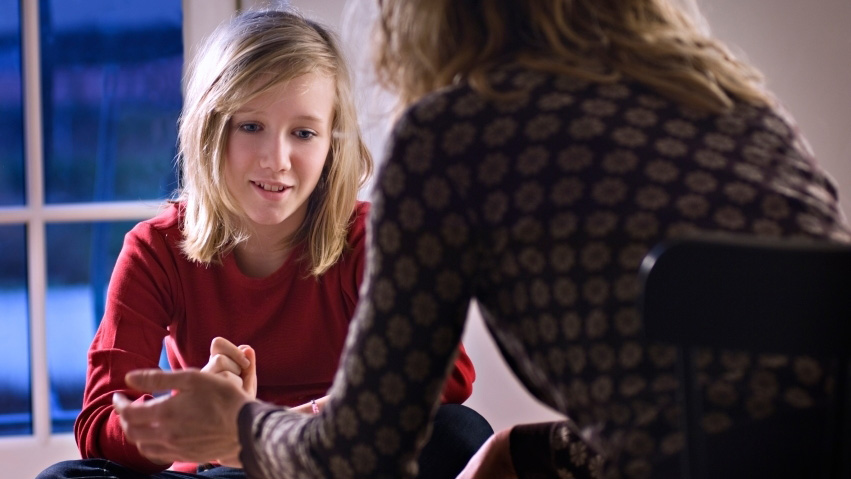Mental health pledge welcomed, but when will it help teens?
A government pledge to improve access to mental health treatments by bringing in targets is widely welcomed. But it falls short when it comes to talking therapies for teens and children, say experts.

Picture courtsey YoungMinds
Under new government targets due to take effect from next April in England, most people with depression who need talking therapies will begin treatment within six weeks, and A&E departments will be required to give suicidal patients the same priority as those with suspected heart attacks.
But while the new plan proposes that young people hit by psychosis for the first time should be seen within two weeks – the same target as for cancer patients – there is no promise of better access to talking therapies such as cognitive behavioural therapy for children and young people.
One in ten young will experience a mental health problem, according to the Office of National Statistics. Rates of mental health problems among children increase as they reach adolescence.
The new measures, described by Deputy Prime Minister Nick Clegg as the first step in reforming “Cinderella” mental health services, have been widely welcomed.
Mark Winstanley, chief executive officer at Rethink Mental Illness, said: “This is a watershed moment for everyone affected by mental illness and has the potential to improve the lives of millions.
It is absolutely unacceptable that we’ve got treatments we know work but we can’t find ways to offer them Dr Mina Fazel
“No one should have to wait months or even years for potentially life-changing treatment, just because they have a mental health problem rather than a physical one.”
Health professionals agree that action to improve mental health services is overdue. NHS Chief Executive Simon Stevens, writing in the foreword to the new five-year plan, described the disparity of mental health compared to physical health services as “indefensible”, leading to a treatment gap “with most people with mental health problems receiving no treatment and with severe funding restrictions compared with physical health services.”
Three pupils in every class experience a mental health problem
In August, the government established a taskforce to look into the way mental health services for young people are delivered.
Sarah Brennan, chief executive of YoungMinds said on Wednesday the taskforce “must ensure the recommendations it makes [due early next year] lead to major improvements in service provision, and are resourced in the same way as this announcement about adult services.”
In Oxfordshire a pioneering project is putting mental health professionals directly into schools. The idea is that young people in need of help can get it more easily, and with less disruption to their school lives, by having a mental health professional in school for half a day a week.
Dr Mina Fazel, who is leading the project with Oxford Health NHS Trust, told Channel 4 News that the idea, which is based on successful initiatives in the United States, is more child-focused, and young people seem to like it: “schools end up managing a lot of pastoral care within the school system, and we have got to find ways to address this together.”
Paul James, headmaster of Cherwell school which has been running the new scheme since September, said “it is much easier for young people to get the help they need more quickly; while it is still early days for this approach, my colleagues report that it is already providing benefits for students who need this support.”
Oxfordshire is hoping to roll the scheme out to all 34 state-funded schools.
More than 75 per cent of adults who access mental health services had a diagnosable condition before the age of 18, so early treatment of young people could have a profound impact. As Dr Fazel told Channel 4 News: “it is absolutely unacceptable that we’ve got treatments we know work but we can’t find ways to offer them.”
-
Latest news
-
As India goes to the polls in the world’s largest election – what do British-Indians think?6m

-
Tees Valley: Meet the candidates in one of the biggest contests coming up in May’s local elections4m

-
Keir Starmer says public sector reform will be a struggle7m

-
Nicola Sturgeon’s husband Peter Murrell charged with embezzlement of funds from SNP1m

-
Ukraine might finally get $60billion in American weapons and assistance to defend against Russia3m

-




